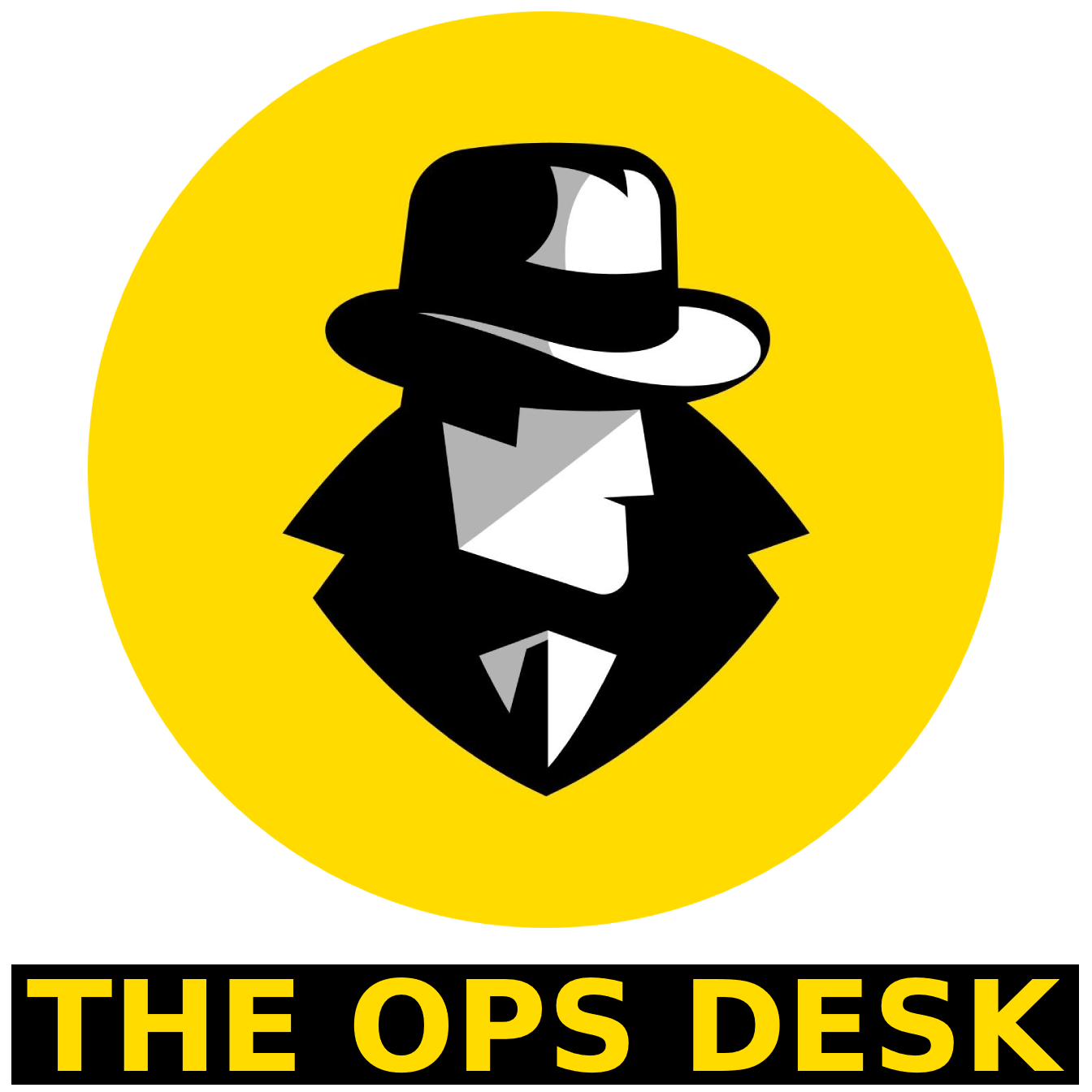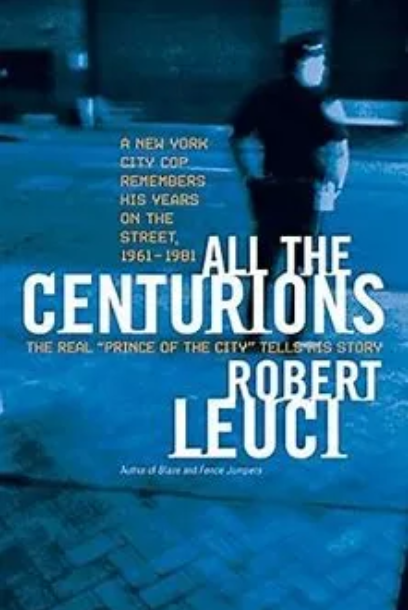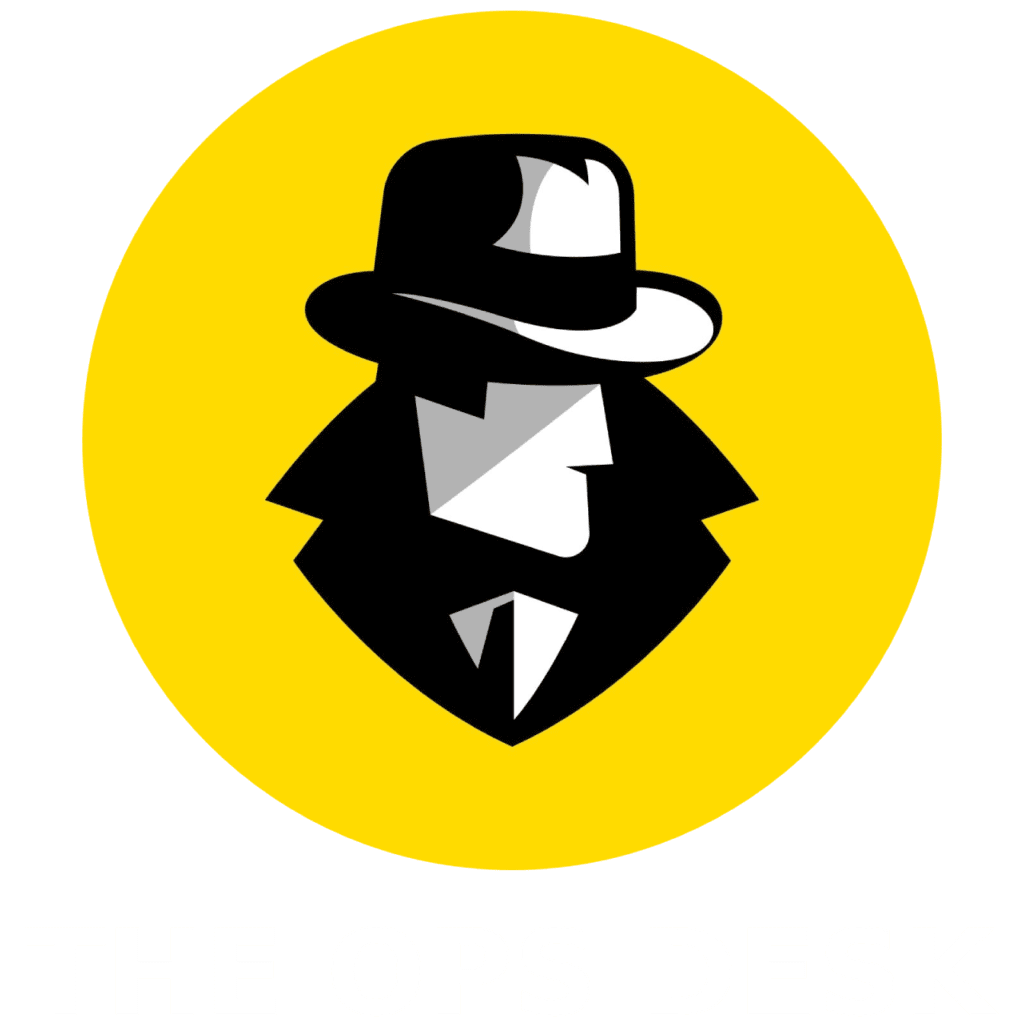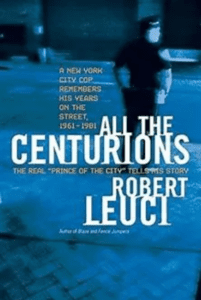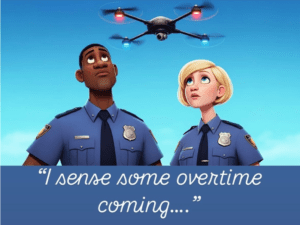Our Weekly Entertainment Dispatch
The Profession: A Memoir of Community, Race, and the Arc of Policing in America – By William Bratton
There is no more august name in policing than William J Bratton. A remarkable career of leadership within the largest police agencies in the United States and spanning decades.
Bratton’s most recent book is The Profession. This missive builds upon his 1996 bestseller The Turnaround and encompasses his entire fifty-plus years of experience in the noble profession of policing.

Bratton begins the book with the horrific assassination of NYPD Police Officers Wenjian “Joe” Liu and Rafael Ramos on December 20, 2014, in Brooklyn. In heartbreaking detail Bratton describes the event and the reaction of members of the NYPD of all ranks, including himself. To say the event was very personal to him does not begin to describe his anguish.
And here is Bratton’s first lesson in leadership and policing. He took the circumstances of the murders by a deranged gunman, ostensibly angry over police treatment of the black community, and turned them into a mission to improve the NYPD.
The NYPD had been warned of the assassination moments before the shooting by Baltimore cops. If there had been time to get the word out, the cops may have been saved. So Bratton put a smart phone in every cop’s hand to ensure critical data could be shared in real time.
The shooter opened fire through the closed door and window of Ramos and Liu’s patrol car. Bratton ensured funding for ballistic panels and glass in vehicles.
He had the vision to see the track that police and community relations were on and introduced a full agency pivot to neighborhood policing that built upon Robert Peel’s statement that “the police are the public and the public are the police.” Sure, it’s a statement open to debate and interpretation. But there’s no denying that police-community relations were better under Bratton than they are now.
Bratton goes on to relate stories of his early career as a cop in the Boston Police Department and carries through his time in New York to Los Angeles and back again. Using these anecdotes as a vehicle he imparts critical lessons in policing leadership and innovation. He also discusses current topics facing the profession such as race relations, training, the defund movement, and implicit bias.

Some might be surprised by some of Bratton’s more liberal ideas. A lifelong Democrat, he has some ideas that may not be typical of your average cop. He deals in facts and backs up most of his opinions with valid arguments and proven results. (That said: I’m not sure how in-synch with the current Democratic Party Bratton actually is).
One of Bratton’s methods that comes through in the book is his acceptance of people’s beliefs. He often acknowledges that a person feels a certain way and accepts it without fruitlessly attempting to dissuade or argue against. It is a lesson for all leaders to learn. Not everyone accepts the logic of your point of view, and some don’t accept logic at all. Fighting this fact is not always beneficial or necessary. He doesn’t compromise his beliefs, just acknowledges that not everyone is going to see things his way.
This book is a quick read and imparts lessons important to anyone in policing or a leadership position. It is well-worth the read. Thrilling stories and important lessons are on every page. Yes, it is 500 pages. But like Bratton’s tenure at the NYPD… it went by very fast.
Thanks for reading The Ops Desk!
